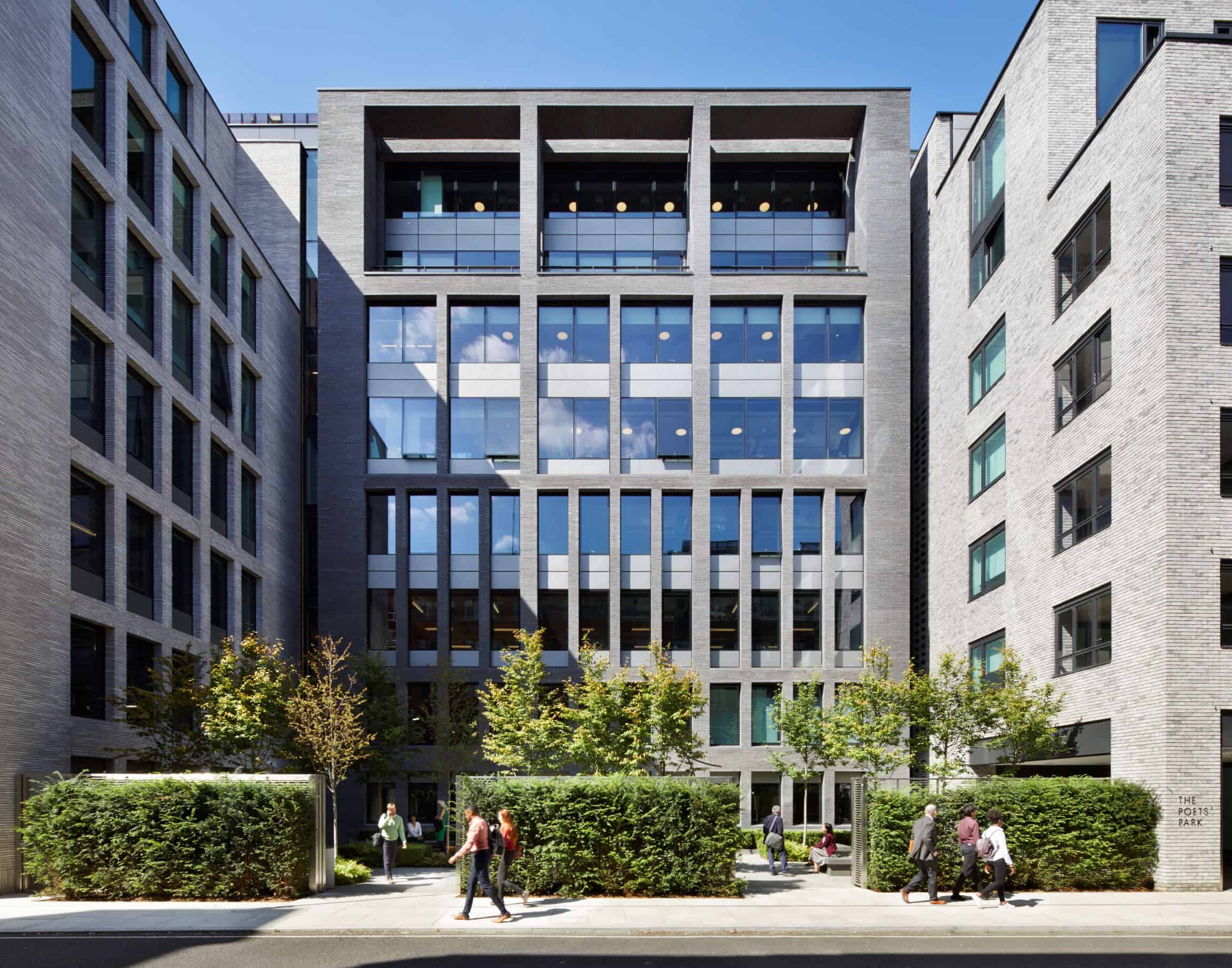JLL - Manchester office fit-out
Embodied carbon savings and cost reduction through the application of circular principles in an office fit-out.

Key Sustainability Objectives/ Outcomes
Targeted achieving industry leading standards including WELL, BREEAM and SKA certification to verify the health, productivity, and sustainability credentials of the workplace.
Climate change:
- A 38% upfront embodied carbon saving has been achieved compared to a standard office fit-out approach. 116kgCO2e/m2 achieved compared to a baseline of 185kgCO2e/m2, saving 89,615kgCO2e.
Resource use:
- Over 500 items were delivered from the former office clearance saving 45tCO2e from emissions associated with waste management (1b)*.
- Task chairs were refurbished from a major financial firm saving 61% CO2 and 75% of the water consumption if the chairs had been new.
- Over 90% of the previous fit-out furnishings were donated or shared onwards (1c)*.
- The office has been designed to be flexible with 90% of the floorplate being reconfigurable with fixtures and furnishings demountable. A 23% embodied carbon saving came from reusing base-build MEP equipment where possible and from designing out MEP materials and products through adopting an open-plan office design approach (35 less Fan Coil Unites needed than BAU saving 6,5838kg CO2e)(2b)*.
- Standardised materials have been utilised where possible to minimise construction waste (3)*.
- Materials with recycled content have been utilised on this project with recycled tabletops and kitchen counters, carpets made from recycled plastic and unused yarn, ceiling featured made from 70% recycled PET, and reused base build MEP equipment (5b)*.
- Waste has been designed out within the project with an acoustic soffit spray replacing the needs for a suspended ceiling. There was a 17% carbon savings resulting from designing-out materials and products through adopting an open-plan office design approach, therefore reducing the need of internal partitions (5c)*.
- Additional carbon savings occurred due to transportation of less materials, products and waste as well as reduced energy required on-site due to less materials and products installed (5d)*.
Socioeconomic impact:
- The donation of materials through the Business2Schools charity ensured unused furniture worth £30,000 was donated to schools.
Notable Approaches And Solutions
- £40,000 cost saving from using second hand furniture packages compared to new products (1b)*.
- Speed of delivery: Designed, fitted out and delivered in 12 months.
- The workspace also incorporates active workplace design via its flexible layout; designed with wellbeing in mind.
- The only office fit-out to simultaneously achieve BREEAM Excellent RFO, WELL Platinum, and SKA Gold.
Lessons Learnt
- All fit-outs products have an end-of-life plan to enable easier reuse in the future; this is necessary for long-term sustainability and to avoid premature waste.
- One of the challenges encountered on this project was the initial team knowledge. To combat this JLL ran training sessions across the whole project team to empower them to find solutions.
- Another area of complication was the lack of embodied carbon data on MEP. Industry must begin capturing this data on a wider level for more accurate WLC assessments, particularly for fit-outs
- The immaturity of the second-hand market in the UK meant that the traceability of materials could be challenging to track and conflict with the requirements from WELL.
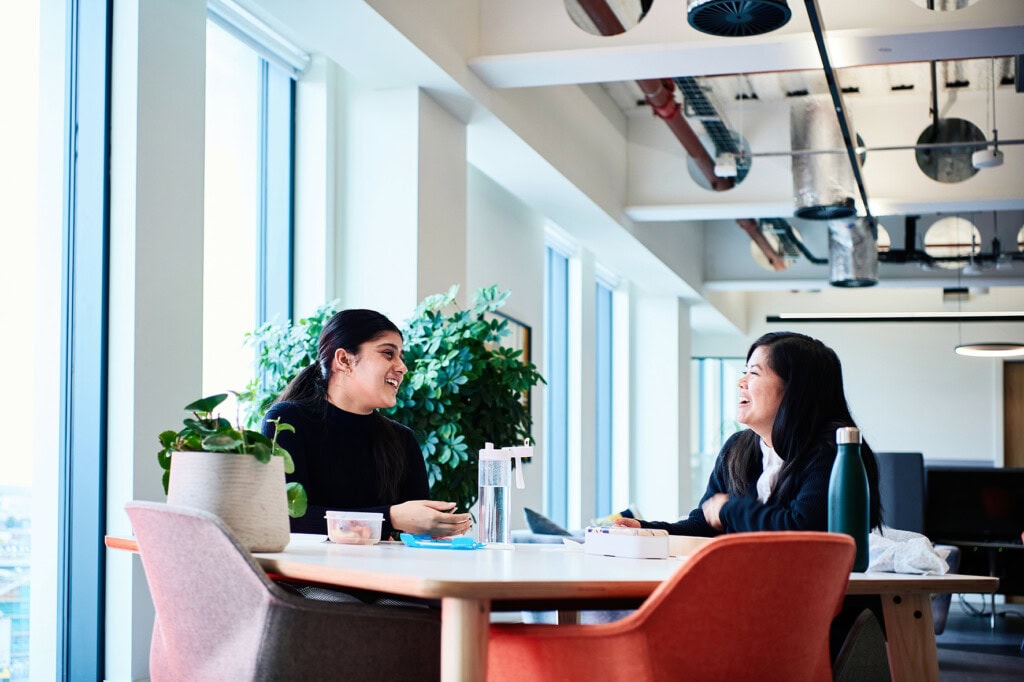


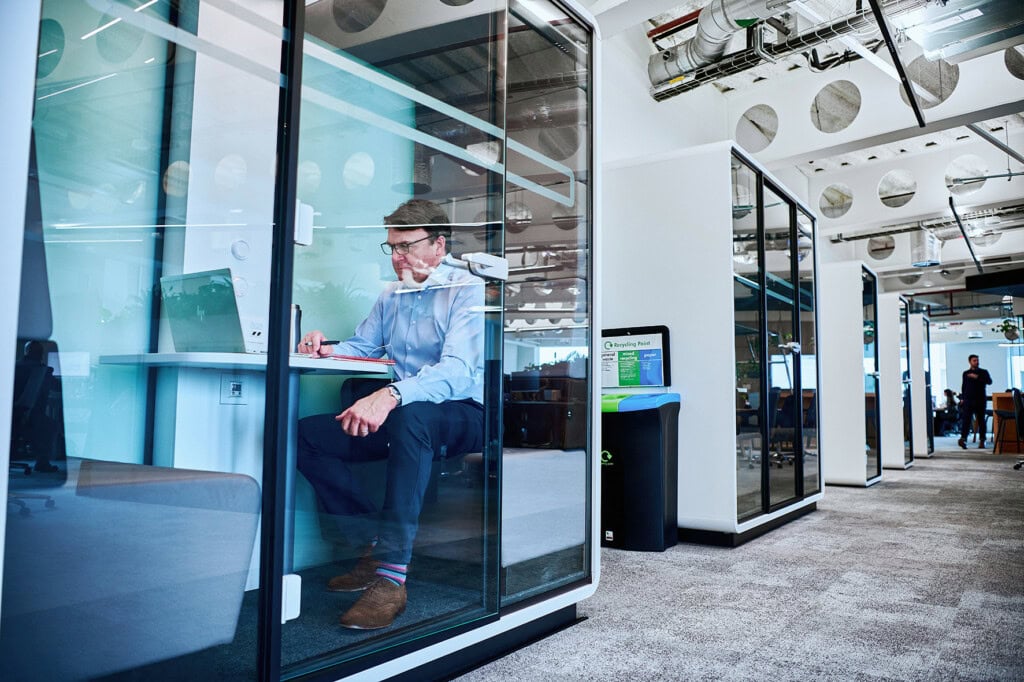
Related members
Related
1 Triton Square
Office refurbishment focusing on the circular economy - maximising the retainment and reuse of materials.
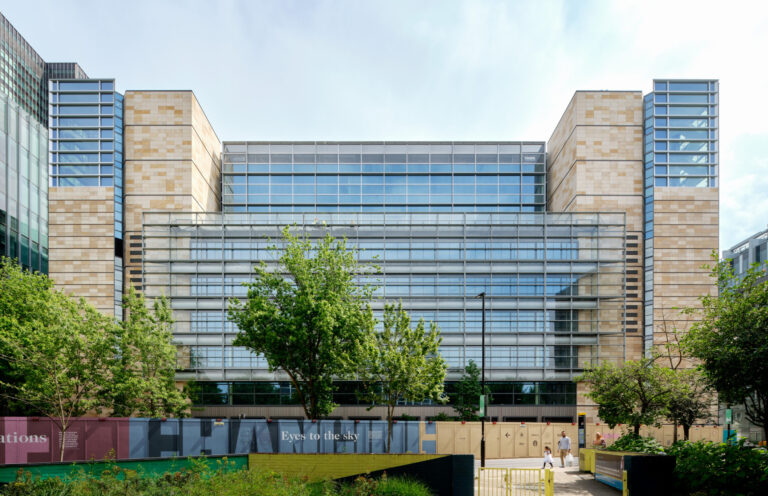
11-21 Canal Reach – Meta Office
Two commercial office buildings under construction in Central London, including an embodied carbon reduction target.
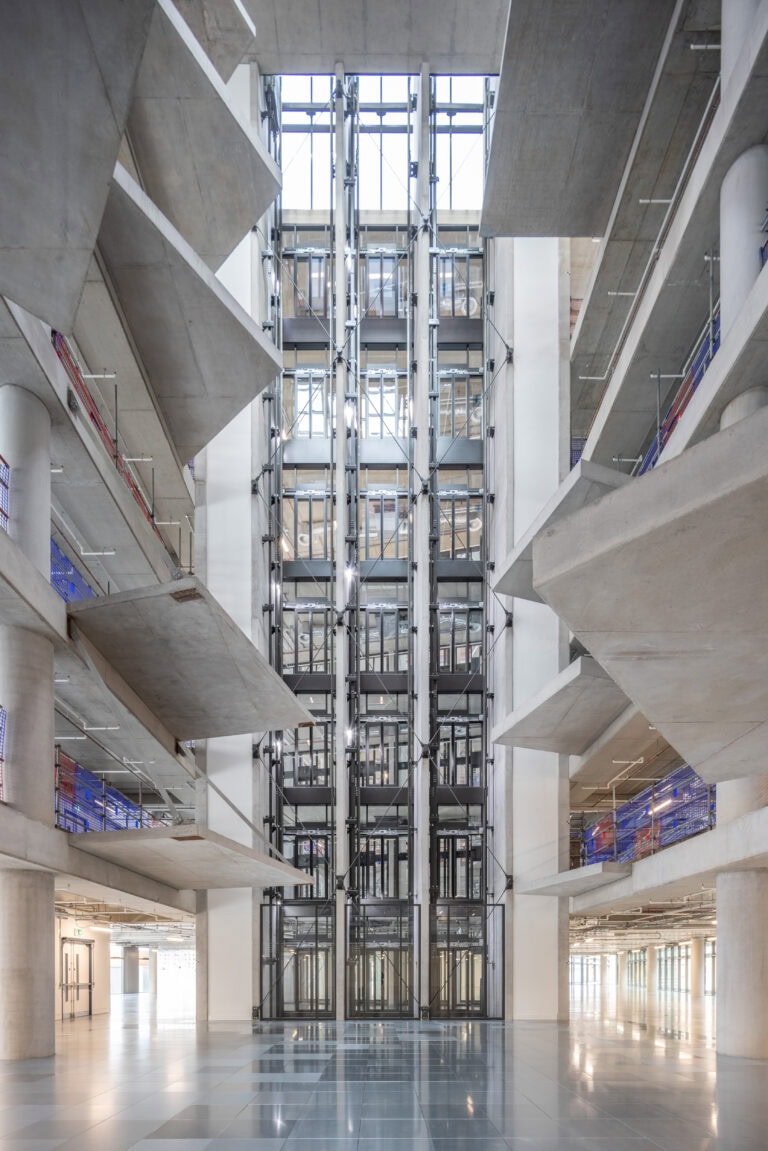
The Entopia Building
Generating savings in whole life carbon emissions through tactical material reuse during refurbishment and the continued use of original building structures.
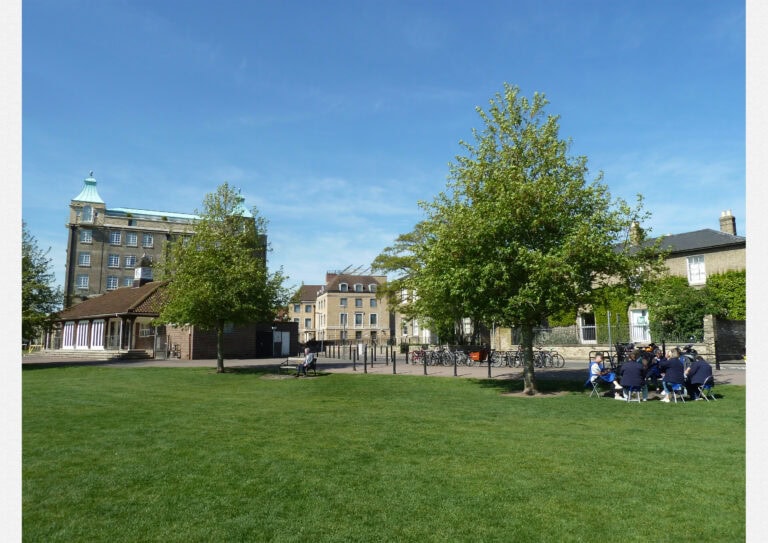
80 Charlotte Street
Mixed-use, all-electric, scheme striving for reduced embodied and operational carbon.
